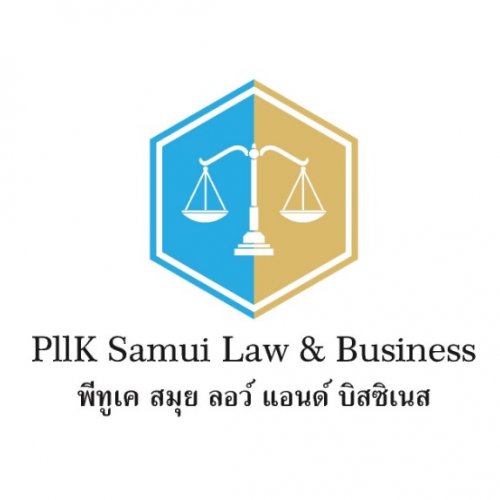Best Business Lawyers in Surat Thani
Share your needs with us, get contacted by law firms.
Free. Takes 2 min.
List of the best lawyers in Surat Thani, Thailand
Browse business law firms by service in Surat Thani, Thailand
Surat Thani, Thailand Attorneys in related practice areas.
Thailand Business Legal Questions answered by Lawyers
Browse our 9 legal questions about Business in Thailand and the lawyer answers, or ask your own questions for free.
- What documents are required for an alcohol license in Thailand?
- I am looking to open a small beach bar and restaurant in Phuket, how can I get an alcohol license, what documents do I need?
-
Lawyer answer by Actio Global Consultancy Co., Ltd.
Dear Client,Greeting from Actio Global Consultancy. Your inquiry about Alcohol licence in Thailand is well received. please send your contact number with country code to info@actioconsultancy.com and we will respond promptly.Best regards,Actio Global's Legal Team
Read full answer - Do I need a foreign business licence to operate a business in Thailand?
- I would like to open my business in Thailand and I heard about a Foreign Business License, is this necessary or are there any workarounds?
-
Lawyer answer
In a Thai majority-owned limited company, where Thai nationals own at least 51% of the company's shareholding, a Foreign Business License (FBL) is not required. In contrast, a business with over 49% foreign ownership must obtain an FBL before commencing...
Read full answer - Do I need an address in Thailand to form a Thai company?
- I spend most of my time abroad, however, I have a business in Thailand, does the company address need to be in Thailand?
-
Lawyer answer
Yes, your company must be registered at a physical address in Thailand, and this is where you will receive official documents and notices. If you rent this address, you must first get permission from the property owner to agree to...
Read full answer
Disclaimer:
The information provided on this page is for general informational purposes only and does not constitute legal advice. While we strive to ensure the accuracy and relevance of the content, legal information may change over time, and interpretations of the law can vary. You should always consult with a qualified legal professional for advice specific to your situation. We disclaim all liability for actions taken or not taken based on the content of this page. If you believe any information is incorrect or outdated, please contact us, and we will review and update it where appropriate.











